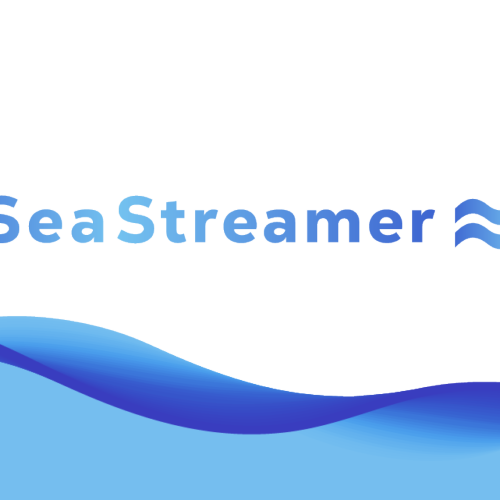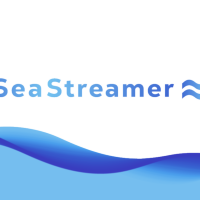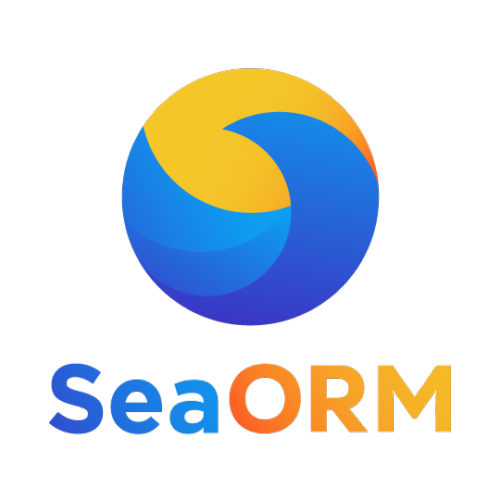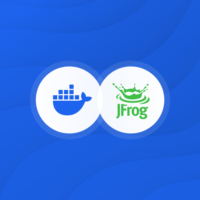
Introducing SeaStreamer: A Stream Processing Toolkit for Rust
Discover SeaStreamer, a stream processing toolkit designed for the Rust community to build stream processors efficiently. Learn about its high-level async API, mutex-free implementation, trait-based abstract interface, and enum-based generic interface to streamline stream processing tasks.
Published 2 years ago by https://github.com/tyt2y3 on www.sea-ql.org
Abstract
SeaStreamer is a stream processing toolkit introduced to the Rust community. It aims to make Rust a top platform for data engineering alongside SeaORM. SeaStreamer facilitates stream processing by providing a high-level async API, a mutex-free implementation, and comprehensive type systems. It supports integration with Kafka and Redis, offering features like enum-based generic interface, and trait-based abstract interface. Additionally, SeaStreamer enables consumers to process streams seamlessly and boosts testing capabilities for simpler development processes.
Results
This information belongs to the original author(s), honor their efforts by visiting the following link for the full text.
Discussion
How this relates to indie hacking and solopreneurship.
Relevance
This article is essential for you as it introduces SeaStreamer, a powerful stream processing toolkit for Rust. By leveraging SeaStreamer, you can enhance your stream processing tasks using its async API and various backend support features like Kafka and Redis. Additionally, its testing capabilities can streamline your development processes and boost efficiency.
Applicability
To apply the insights from this article, you should explore integrating SeaStreamer into your Rust projects for efficient stream processing tasks. Leverage its high-level async API, mutex-free implementation, and backend support for Kafka and Redis. Additionally, consider using its enum-based generic interface and trait-based abstract interface to simplify stream processing.
Risks
One potential risk to consider is the need to understand and effectively utilize the features provided by SeaStreamer. Integrating new tools like SeaStreamer into your projects may require a learning curve and potential adjustments to your current workflow. Additionally, relying heavily on a community-driven project like SeaStreamer may involve uncertainties regarding future updates and support.
Conclusion
Looking ahead, the trend towards simplification and optimization in stream processing tools like SeaStreamer is likely to continue. By staying updated on SeaStreamer's roadmap and potential new features like File Backend or Redis Cluster support, you can align your projects with evolving trends in the data engineering domain. This can give you a competitive edge by adopting advanced stream processing capabilities as they become available.
References
Further Informations and Sources related to this analysis. See also my Ethical Aggregation policy.
Introducing SeaStreamer 🌊 | SeaQL
We are pleased to introduce SeaStreamer to the Rust community today. SeaStreamer is a stream processing toolkit to help you build stream processors in Rust.


SeaORM
Explore SeaORM, an async and dynamic ORM for Rust, designed to simplify building web services with powerful query capabilities and seamless integration. Stay updated with tutorials and best practices to leverage SeaORM for creating efficient, scalable applications.
Appendices
Most recent articles and analysises.

Amex's Strategic Investments Unveiled
2024-09-06Discover American Express's capital deployment strategy focusing on technology, marketing, and M&A opportunities as shared by Anna Marrs at the Scotiabank Financials Summit 2024.




